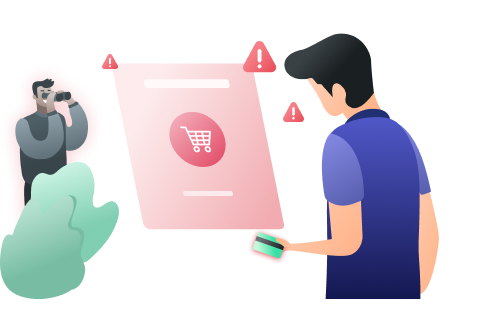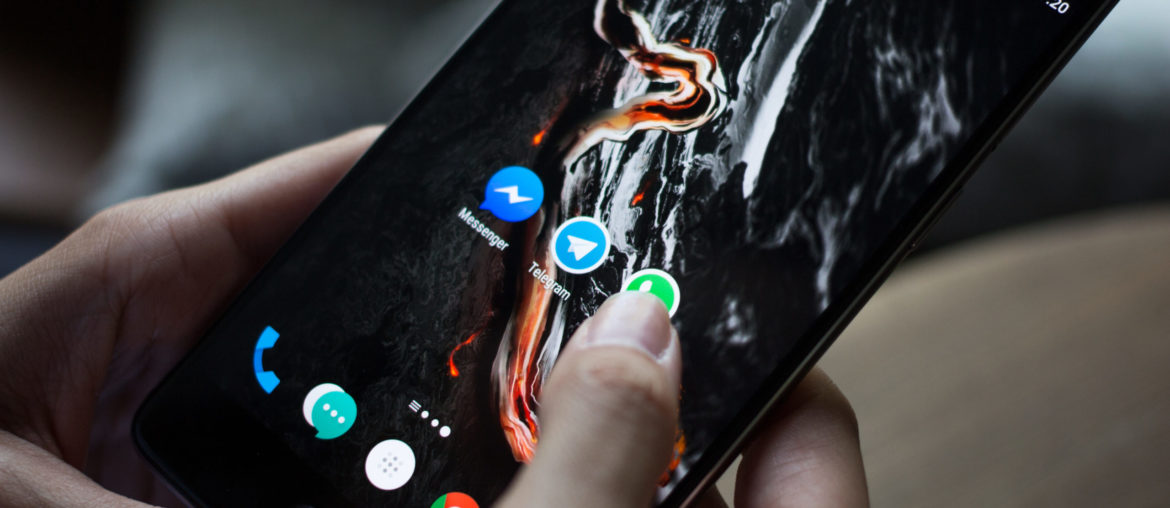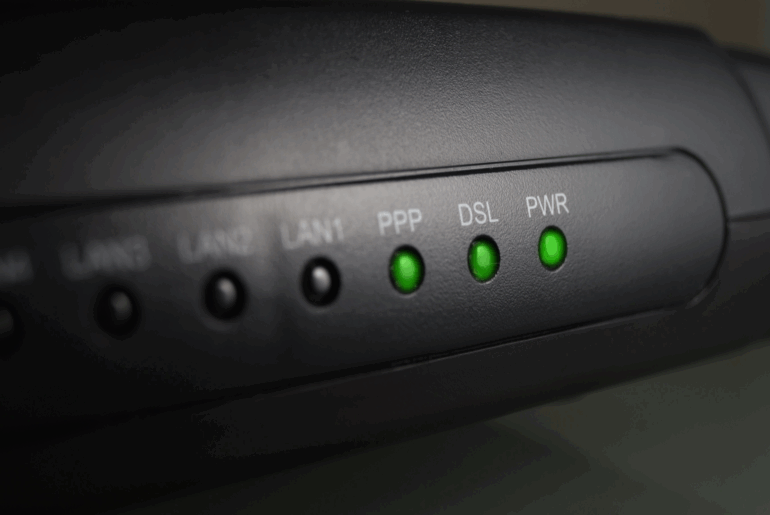Customizing your mobile phone experience can seem like an appealing prospect. That is, until you learn about the negative impact it could have on your device. Some Android mobile phone users have adopted the process of “rooting your phone” to obtain more control over their operating system. However, this rooting has introduced a variety of complications into the Android user base. Rooted devices can be exposed to malware, viruses, and more.
If you’re considering whether or not to root your Android phone, or if you’re curious about the consequences that rooting can have on an unprotected Android smartphone, take a look below. We examine the potential security risks of rooting your phone and taking control of the OS on your Android device.
What Does it Mean to “Root” a Phone?
Rooting, sometimes called “unlocking,” is the process that allows users to control the operating system on their Android phones by obtaining “root” access to the system code. “Root” is the super user on computers who can do everything. Once they’re rooted their phone, Android users are able to customize different aspects of their mobile phone experience. This process is known as a “jailbreak” among Apple phone users.
Android users who have rooted their phones can tailor the functionality of them in a variety of different ways. The process of rooting an Android device gives users total control over their phones. Android rooting also gives them the ability to adjust their mobile experience to better fit their personal requirements and specifications.

Why Do Some Users Root Their Android Phone Devices?
Beneficial Apps and Bloatware
Customization options on smartphones are often limited, and with good reason: manufacturers create devices to have specific functions for Android phones. They often include certain restrictions that prevent users from altering the software in any detrimental way. The purpose of this is to prevent an inexperienced user from accidentally causing any serious or permanent damage to the integrity, security, or functionality of the phone.
However, for every useful app the manufacturer doesn’t want the inexperienced to play with, there is a piece of “bloatware.” These are apps that are put on your phone that take up space and system resources, but you don’t necessarily need or want. Without rooting your phone, there’s no way to remove them from the Android OS. Rooting your phone gives you the power to do that in some cases.
Android users who root their smartphones typically have experience with adjusting and customizing different aspects of software such as the interface and access to restricted applications. These Android users leverage phone rooting to adjust the different ways their devices can be managed and accessed.
Backups and Data Control
More functionality on an Android device also allows users to create backups of their application data and send that information to any other device. This process has made it easier for some Android users to transfer their data to a new piece of hardware, if necessary, and can help avoid the devastating loss of information that can occasionally accompany a system crash.
Although these aspects of rooting may seem exciting, there can be serious consequences for Android users who choose to root their phones. Luckily, if your Android phone has not yet been made unusable, it’s possible for users to unroot their phones by reinstalling the most up-to-date Android operating system or restoring the factory settings. This can save many users from being hacked by cybercriminals looking to obtain their private information.

Why Is It A Security Risk to Root Your Android Smartphones?
Having more freedom to control and customize your mobile phone experience is one of the leading reasons that Android users turn to rooting their smartphones. Unfortunately, this freedom comes at the cost of security and protection from potentially malicious applications.
Mobile phone rooting can easily go wrong if the user is not experienced with Android operating systems or how to manage software for mobile devices. If anything, once the phone stops working after the rooting process, there’s no way to fix it. The warranty on any mobile device is immediately warranted after the phone has been rooted or “jailbroken.”
The total control that users have over their devices after rooting them does come with a steep cost. The device itself is more susceptible to attacks since rooting can undermine security baked into the operating system. Threat actors can launch attacks against unprotected Android phones through data collection on various apps. Once your Android phone is infected with dangerous malware or spyware, it can be difficult to return the phone to its original functionality. It renders your Android completely useless.
Rooting can also cause Android users to lose access to valuable applications that they need. As an example, the Android application “Android Pay” has an established array of high-level security features set up to improve protection for its user base. However, if you are using a rooted Android phone, this app becomes unavailable. It’s designed to stop working because the programming which tells the application that your device poses a security risk. This effectively prevents many users from being able to access even the most important phone apps that they use daily.

Protect Every Device Online, No Matter Where You Go With a VPN
Although it may seem as though customizing your Android mobile phone experience is a good idea, the security risks involved are more than enough to make the majority of Android users balk at phone rooting altogether. Protecting your personal data and private information is much more important than having total control of your Android device’s operating system.
Thanks to modern advancements in technology, mobile phone usage is more popular and powerful than ever. Though online usage from mobile devices has skyrocketed in the past decade, many users fail to adhere to even the most basic Internet safety standards such as ensuring that their mobile devices are protected from malware or other harmful software.
To ensure that your private information is protected at home, at work, or on the move, it is essential that you acquire a robust VPN that can keep up with your Internet needs. With a high-quality VPN and an unrooted phone, your data will be safer.
Download PrivadoVPN
Protect your privacy with a world-class VPN. Sign up for premium access to PrivadoVPN and get unlimited monthly data, access to 300+ servers from around the world, and up to 10 simultaneous connections. Get a top-rated VPN that can secure your privacy at home, at work, or on the go.
Sign up for PrivadoVPN today!




